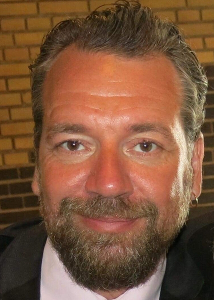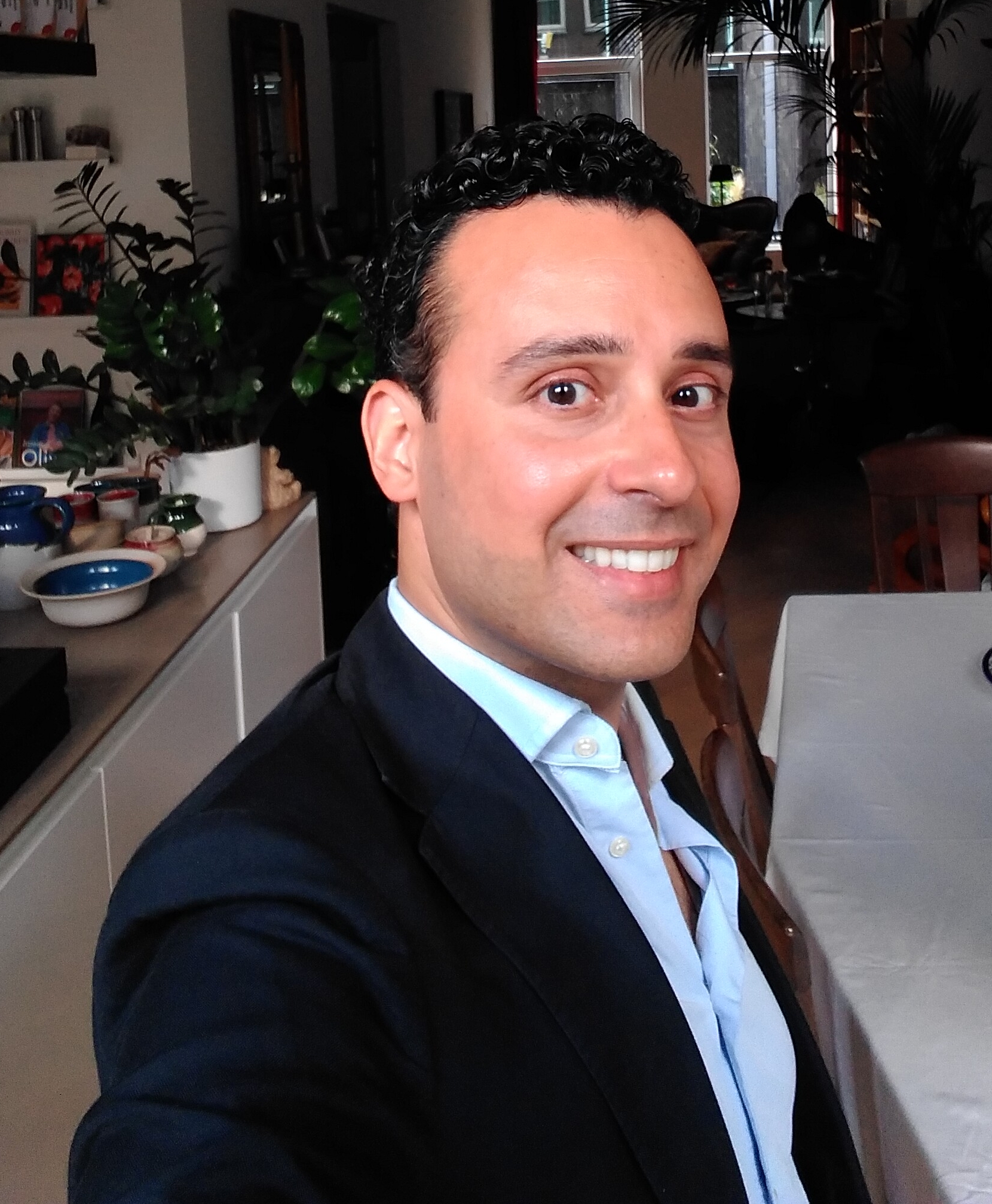For a none-Dane, what is the first thought that comes to mind when hearing the country name Denmark? Pop culture lovers, might probably point to the performance of Game of Thrones’ actor, Nikolaj Coster–Waldau. Parents with small children, would likely turn to the Legoland theme parks, while the tech-savvy amongst us may, presumably, refer to the Rasmussen brothers, renowned for their vital role in the creation of, what is known today as, Google Maps. What is more, it might not have been lost on some that, over the last decades, the Scandinavian nation has also established its name for a wholly different attribute: as argued by the World Bank, Denmark places first and third, on a European and global level respectively, for its easy for doing business. All things considered, what are the underlying reasons behind the upsurge of this Nordic country, often cited as the happiest place on earth? The Danish communication expert, Mikkel Bruun, gives his views on the matter.
#1 SOCIAL TRUST
Scandinavian research shows that social trust is a key contributor when it comes to economic growth and efficiency in market economics, stable and efficient democratic government, the equitable provision of public goods, social integration, co-operation and harmony. Bruun is convinced that this interplay plays an, unequivocally, important role in Danish society. “Just to give an example, the Island of Samsø, whereto I recently moved, has gained international repute by becoming self-sustained with renewable energy and by relentlessly pursuing green and climate-friendly solutions to become fossil free by 2030. With only 3600 inhabitants occupying a fairly small isle, this would never have come to pass without common values and confidence in each other. I try to encourage the exact same thing in my clients: stay honest and use common trust as a basis for understanding and commitment and, ultimately, success in both daily life and business”.
# 2 STRAIGHTFORWARDNESS
The late Danish author, Hans Christian Andersen, famous for his tales revolving around, for instance, The Little Mermaid landmark, is often commended for his narratives’ simplicity and directness. When it comes to the latter, Bruun believes that it might well be both the country’s biggest strength and its pitfall. “Our, seemingly, lack of politeness and ‘sixth sense’ to unravel and tackle hidden agendas, is frequently misunderstood —particularly in international settings. We tend to speak our mind and expect others to do the same. Besides, we do have a term for ‘thanks’ (Tak), but no word for ‘please’. So, in sum, we may at times come across as blunt and clumsy, but again, that’s just our way of displaying honesty”.
# 3 AUTHENTICITY
In The Danish Way of Parenting, the authors devote an entire chapter to an important aspect in Danish rearing: authenticity. As Bruun explains, this quality is reflected in the way Danes go about life and work. “Normally, if a Dane takes a keen interest in an assignment, you can assume it to be real. Unless we turn to irony, which is our awkward way of dealing with sensitive matters, genuineness is an important component of Danish society. Since we are kind of tribal, this process may take some time, but I actually think that once you truly get to know a Dane, you will have a friend for life —this accounts for both business and personal relationships”.
# 4 WORK HARD, PLAY HARD
In recent years, Danish New York Times bestselling author, Meik Wiking, has taken the world by storm with his paradigms: according to the CEO of the Happiness Research Institute in Copenhagen, the answer to the overall Danish success revolves around ‘Hygge’. Says Bruun: “This is the Danish word for ‘cosines’, which is an inter-subjective term for having a good time in a relaxing sort of way. In business life, I think, this translates into always being available for a good time and appreciating the social companionship as much as the business you are doing. But don’t be mistaken: Danes are fiercely punctual and focused when it comes down to work. Except from, maybe, the Germans and the Swiss, the Danes have established the golden rule of showing up on time. Just recently, I entered a meeting room, at the Danish Technological Institute, 2 minutes past the hour and the meeting was well underway… In Denmark one is not ‘married to your job’: we work 37 hours a week and take long vacations. Yet, when it comes down to work, we are hard workers. This implies no hanging around the water cooler and no superfluous coffee meetings, except perhaps for a beer —after work that is!”.
Author’s Note:
Mikkel Bruun holds an M.A. in Communication from Roskilde University and has worked for more than 20 years in research, development and management of infrastructure within international settings.



